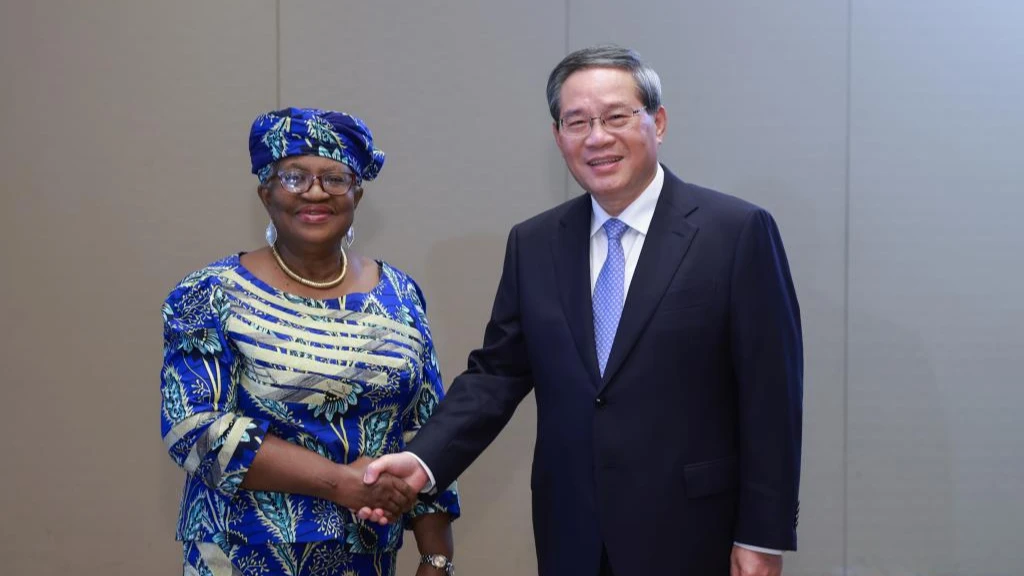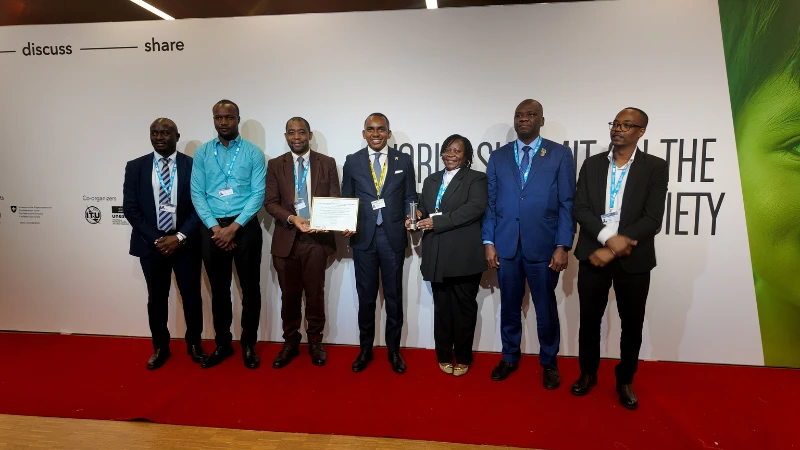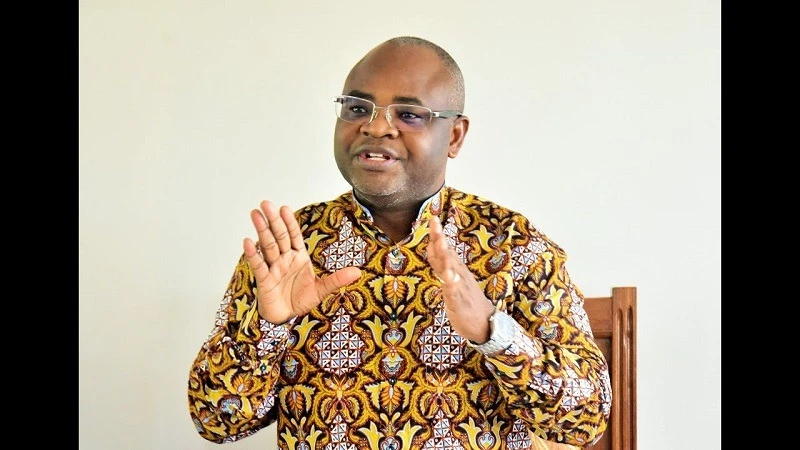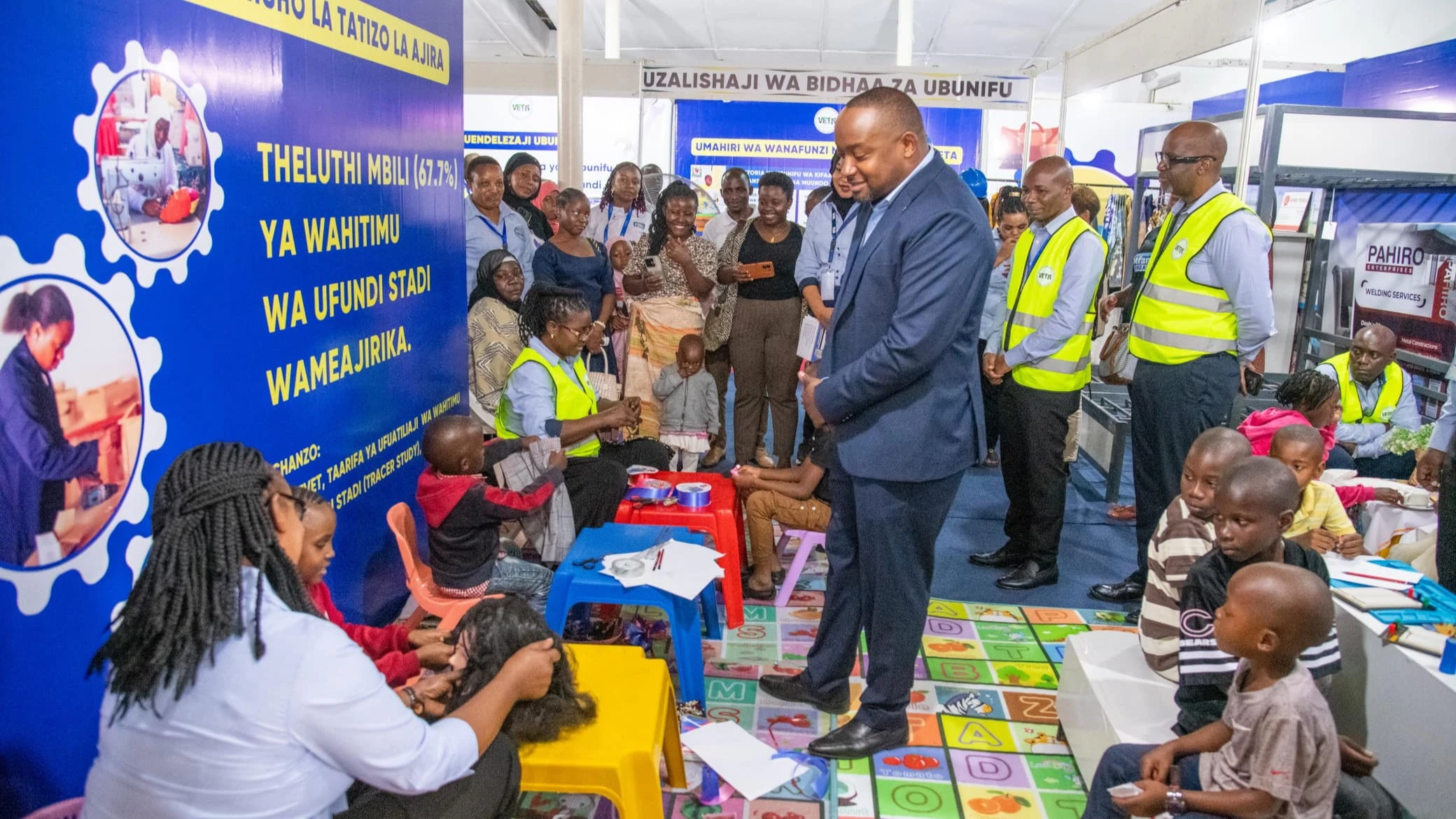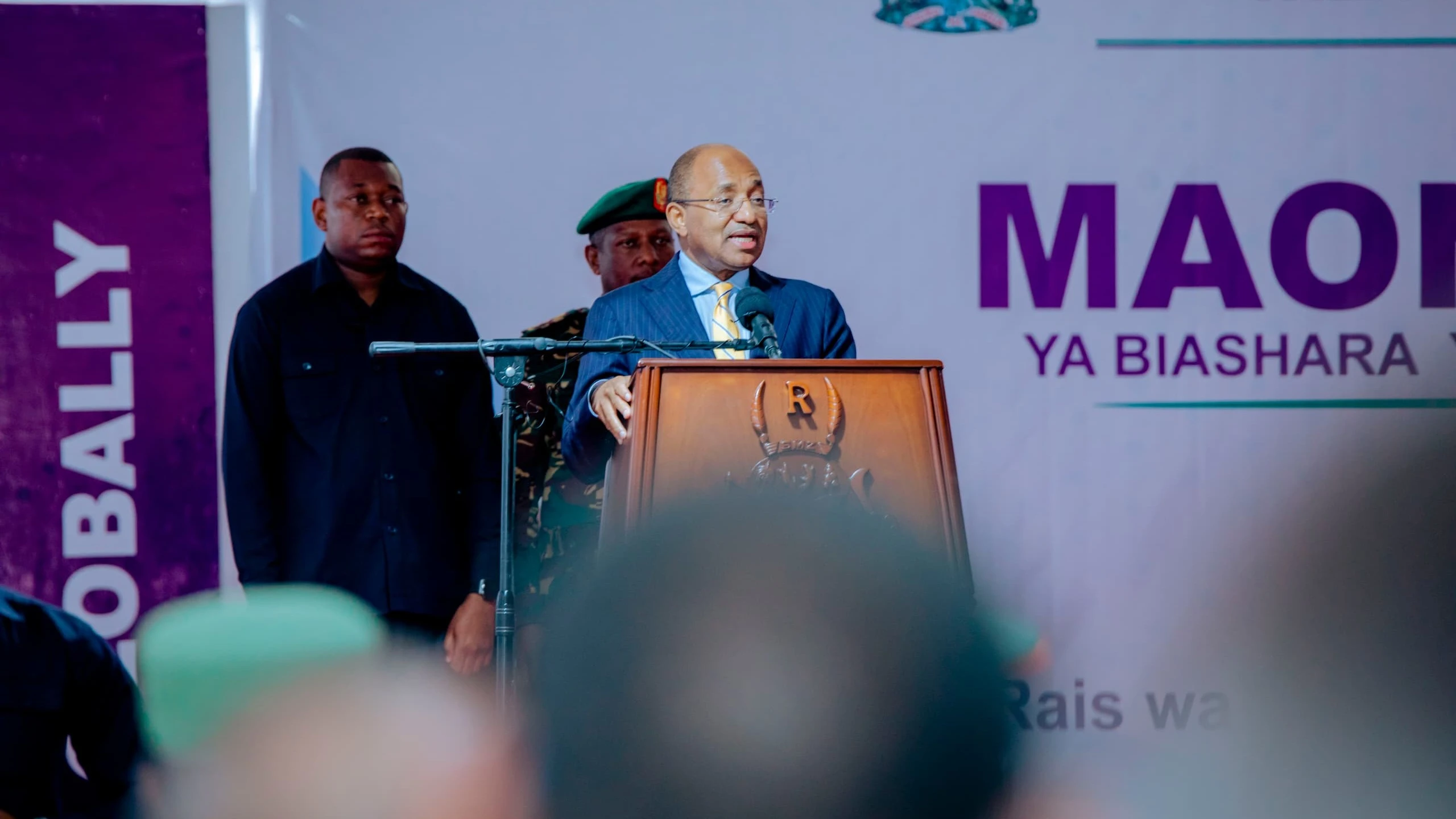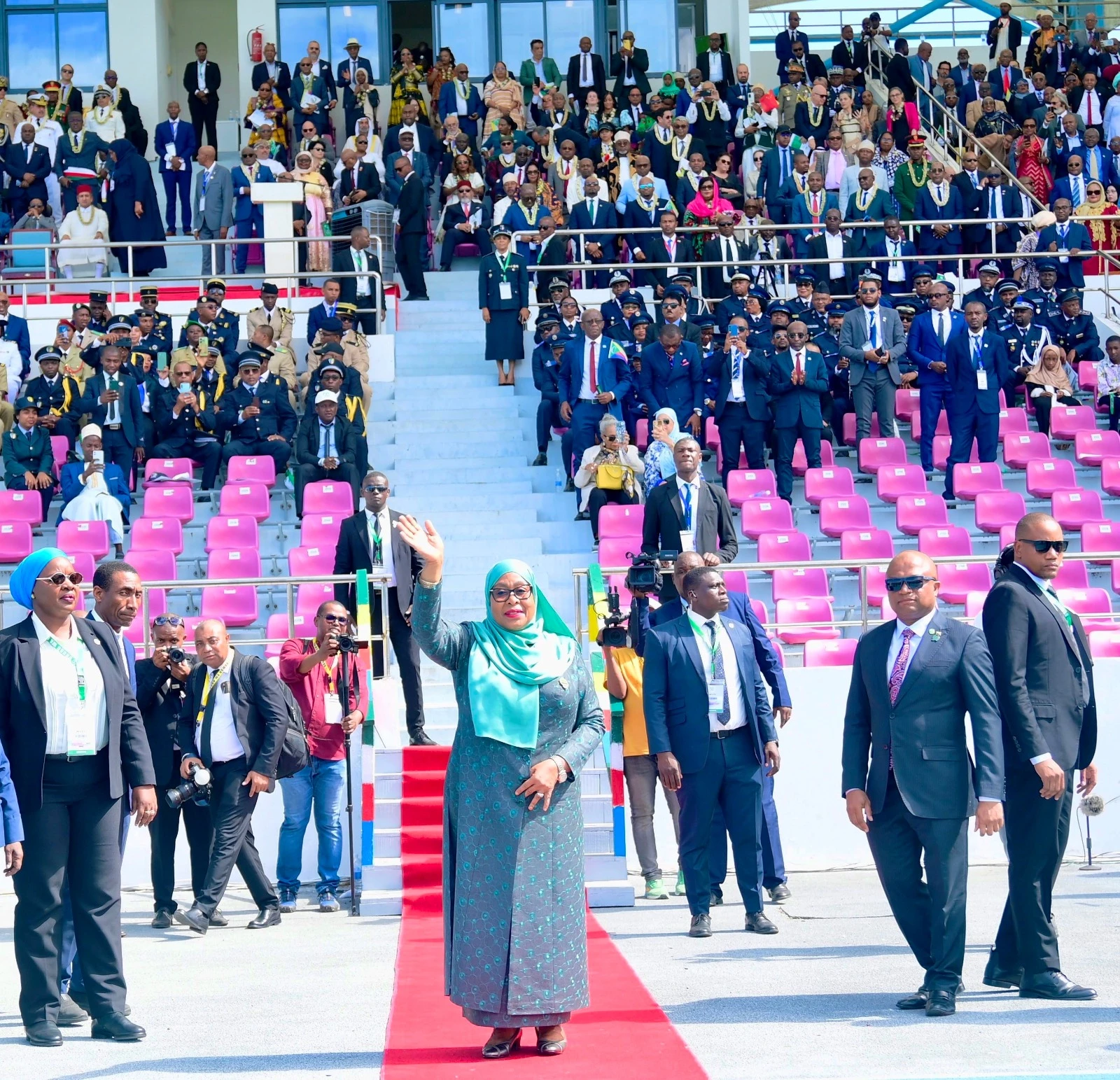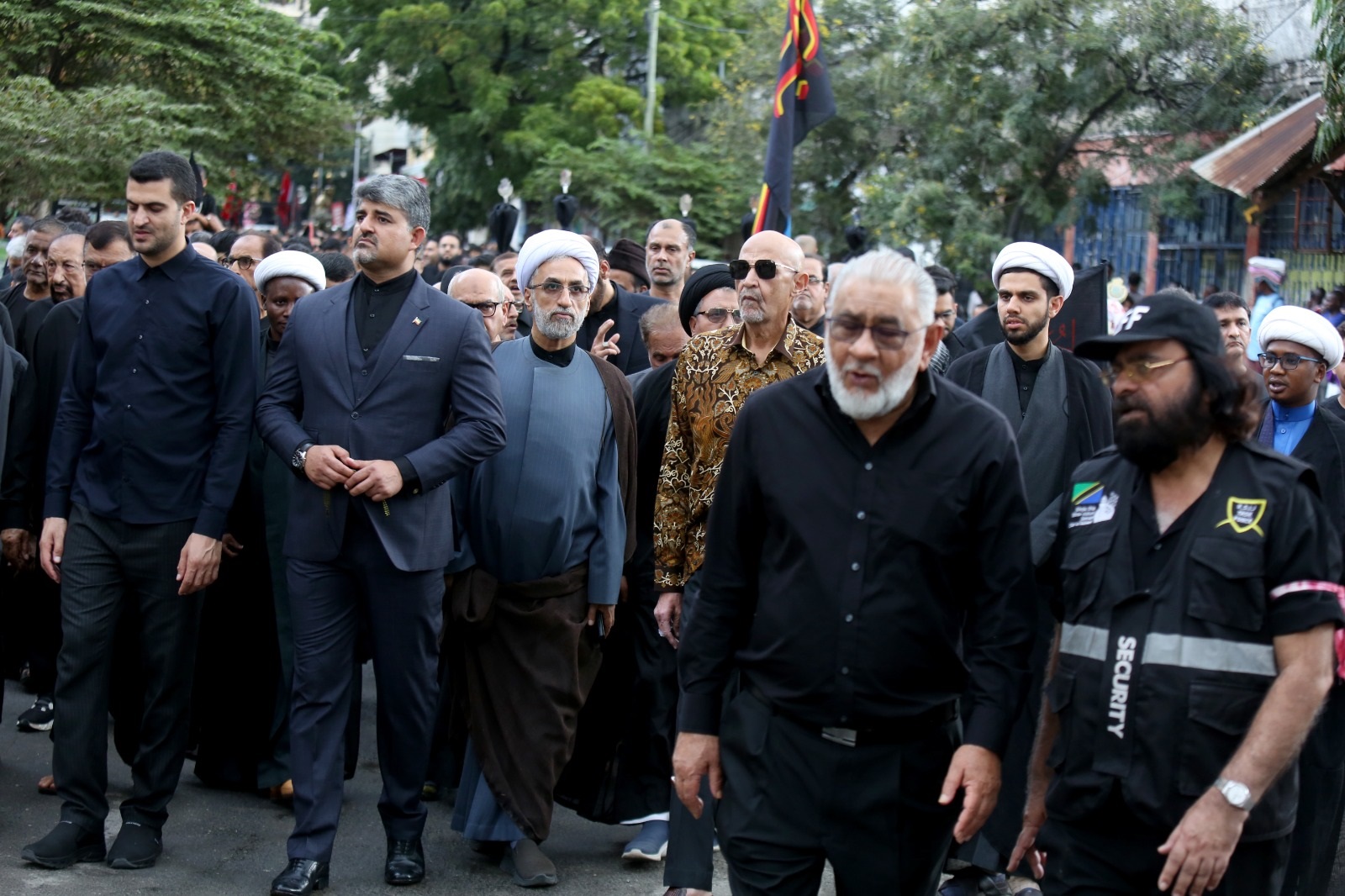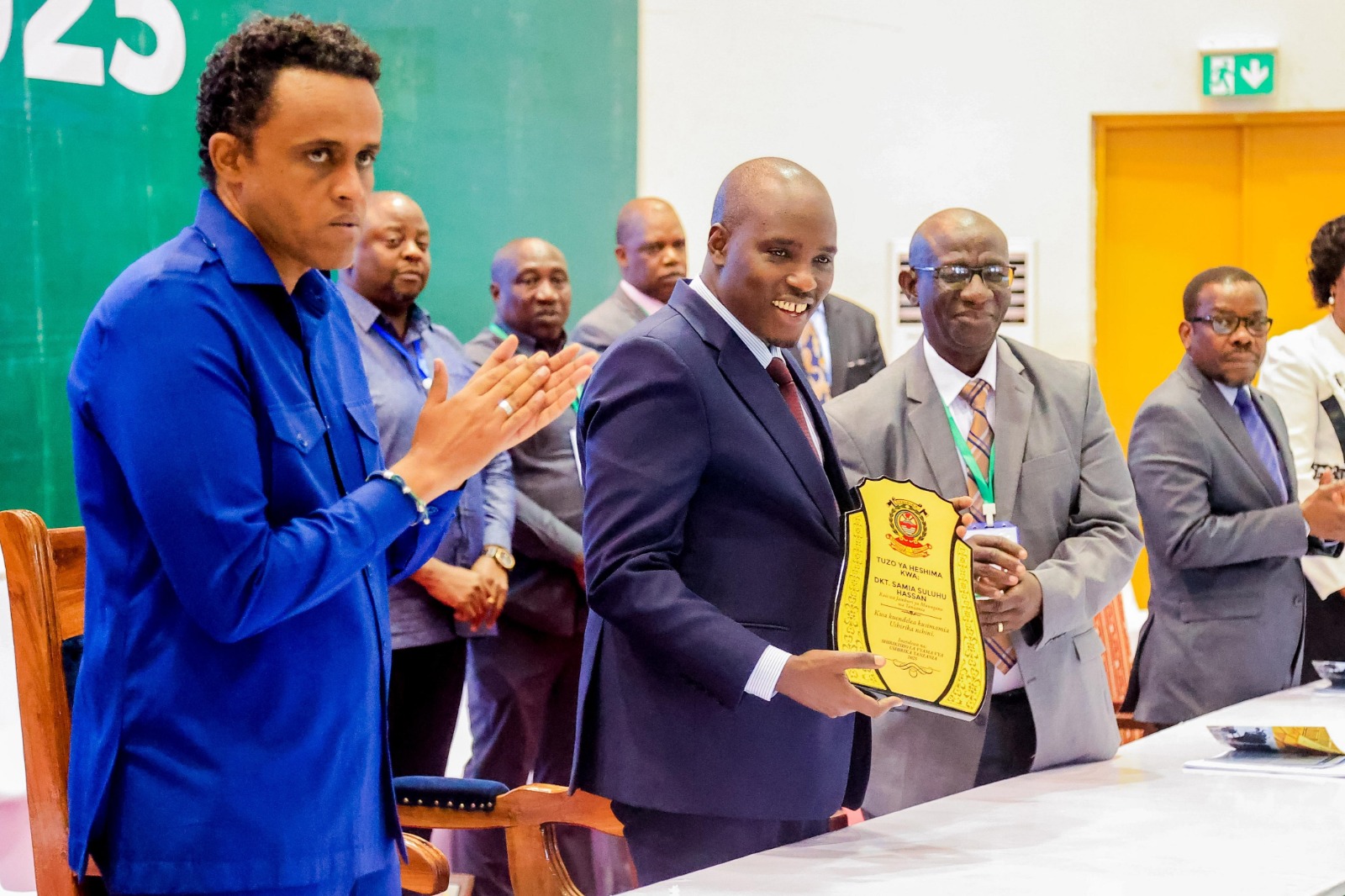Prof Mkumbo: Implementation of Vision 2050 to begin July 1, 2026
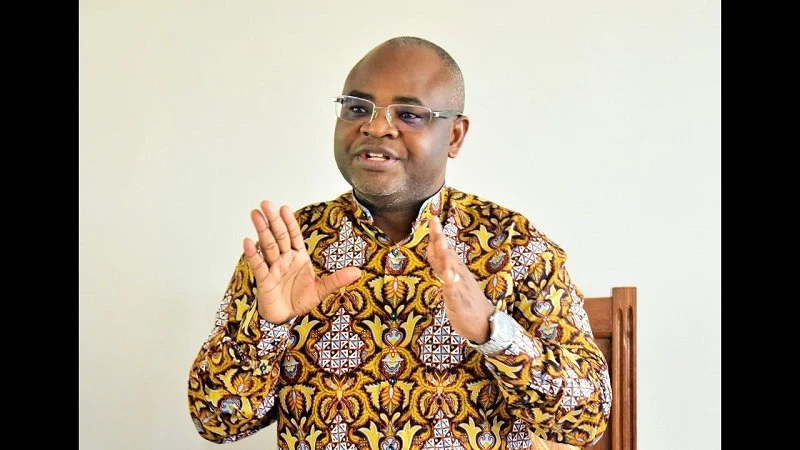
THE Minister of State in the President’s Office for Planning and Investment, Prof. Kitila Mkumbo, has announced that Tanzania’s current National Development Vision 2025 will come to an end on June 30, 2026, and that the current national budget is the final one under that vision.
Prof. Mkumbo made the remarks today July 8, 2025, during a meeting with editors from various media outlets to discuss the upcoming Vision 2050.
He said Vision 2050 will be launched at a Vision Conference in Dodoma and emphasized that, for the second time, Tanzania has prepared a long-term vision document that is not aligned with any political party.
“We are doing all this deliberately and methodically — we don't want to rush. The upcoming budget will align with the new Vision 2050,” he said.
Prof. Mkumbo noted that Vision 2050 has been safeguarded by being tabled in Parliament, ensuring that no President will be able to ignore or override it.
He further said that the implementation of Vision 2050 will span the terms of three presidents, and that anyone wishing to amend it will have to go through Parliament. This makes it different from Vision 2025, which only received Cabinet approval.
“President Samia Suluhu took Vision 2050 to Parliament to secure it. We've established strong safeguards through legislation to ensure that any future President cannot decide to abandon its implementation,” he said.
Regarding the importance of the media, Prof. Mkumbo said that in any civilized society, meaningful understanding comes from two key groups — teachers and journalists.
He stressed that those who undermine the media are making a serious mistake.
He said the government values a strong and independent media, emphasizing that government accountability cannot be discussed in the absence of the press.
The Minister also explained that the process of drafting Vision 2050 involved 13 key stages, including the preparation and approval of guiding principles.
The strategy to draft the Vision began on April 3, 2023, with the formation of various bodies to oversee the process, an evaluation of the implementation of Vision 2025, public and stakeholder consultations on the Vision’s content, and lessons learned from other countries.
He cited countries such as Botswana, Morocco, Mauritius, South Africa, and Kenya as sources of African experience. From Asia, they learned from China, Indonesia, South Korea, Singapore, and India. In Europe, he said they learned only to a limited extent due to the relatively short history of those nations compared to others with over 1,000 years of history.
Other stages included analysis, drafting and editing of reports, release of the first draft in December 2024, and its circulation to stakeholders for editorial feedback.
“We met with a wide range of stakeholders, including journalists and political parties, to achieve consensus. When we met with the political parties, we agreed not to argue about the direction, but to agree that we’re heading in the same direction. Our party manifestos should reflect that shared destination,” he said.
Subsequent steps included the release of the second draft of Vision 2050, its submission to the Prime Minister in June 2025, approval by the Cabinet, and finally endorsement by Parliament.
He added that the final stage will be to inform the public that the process is complete, and that Vision 2050 — Tanzania Tunayoitaka — will be published in both Swahili and English.
President Samia Suluhu Hassan is scheduled to officially launch Vision 2050 on July 17, 2025, and its implementation will commence on July 1, 2026.
Top Headlines
© 2025 IPPMEDIA.COM. ALL RIGHTS RESERVED









